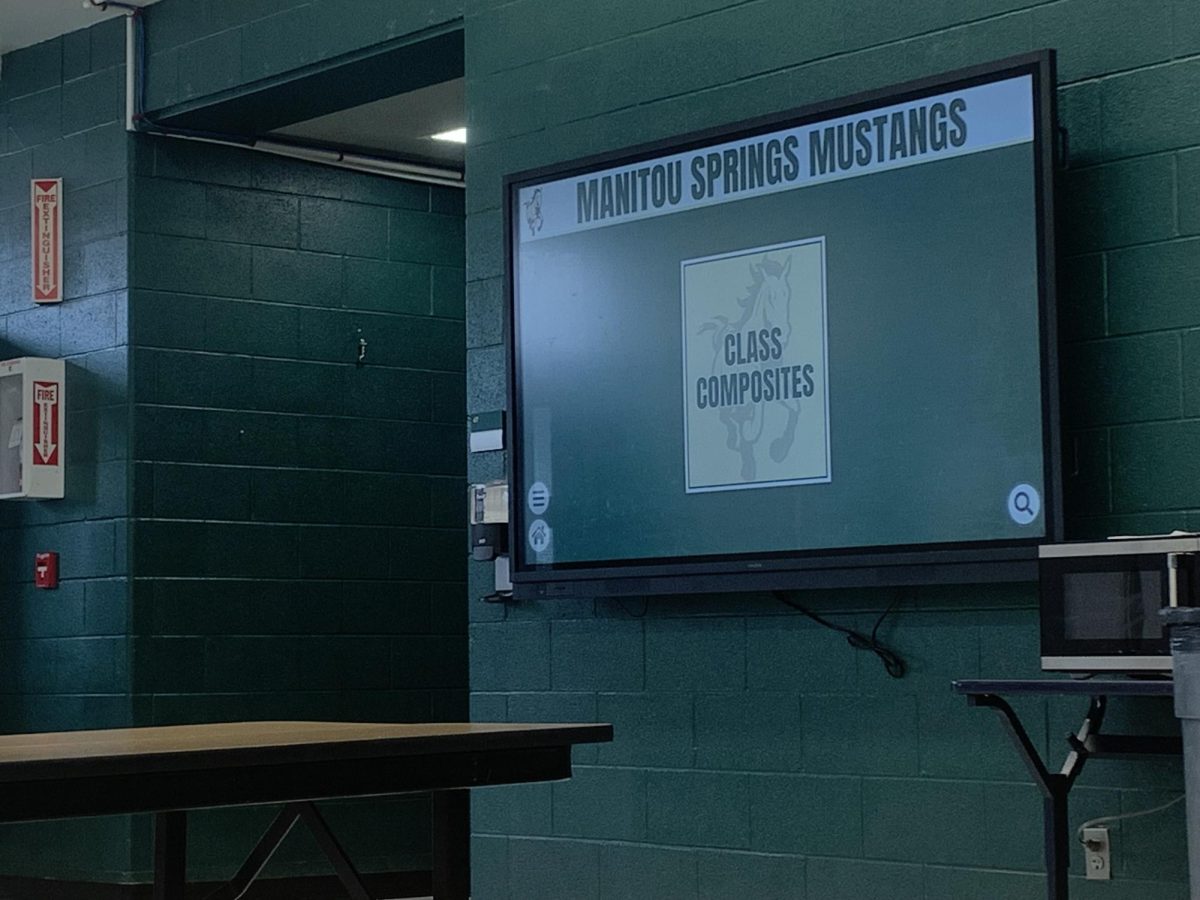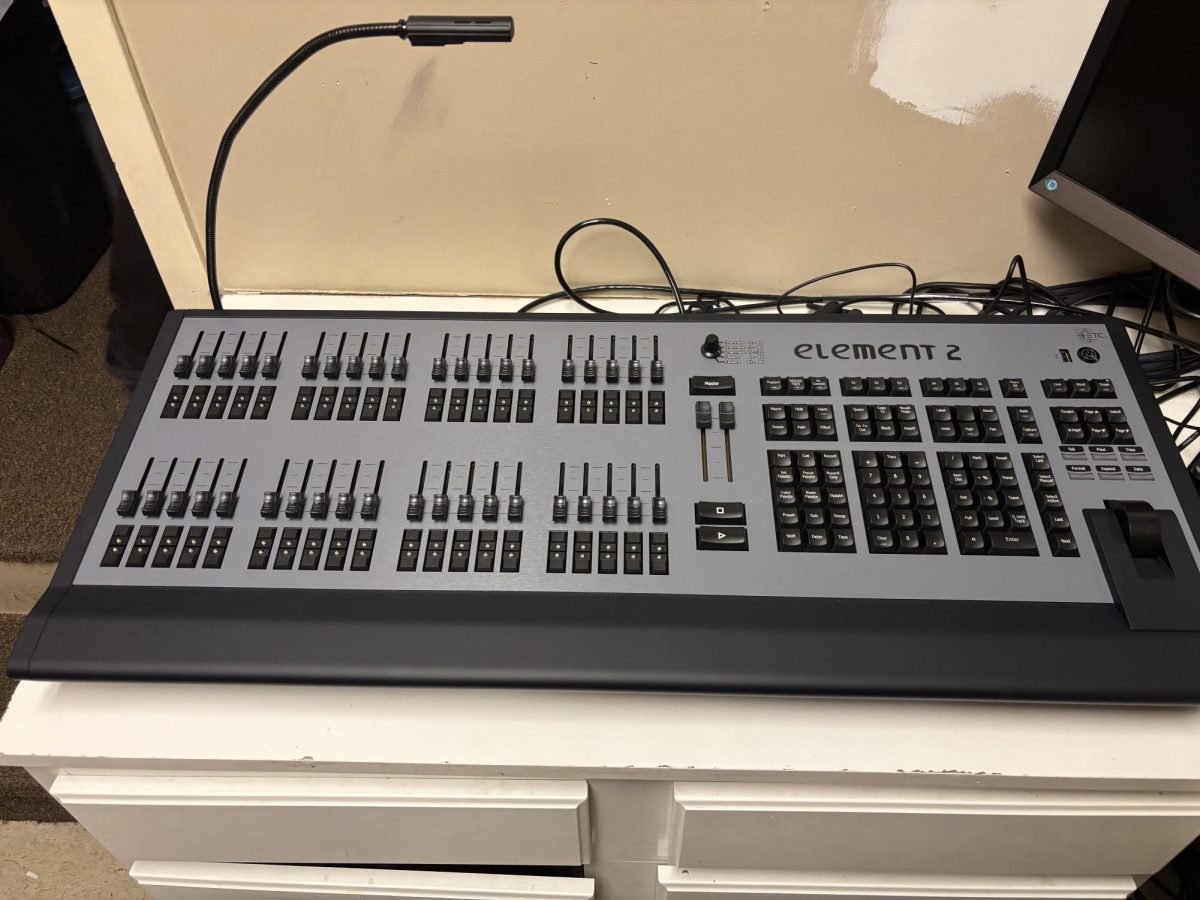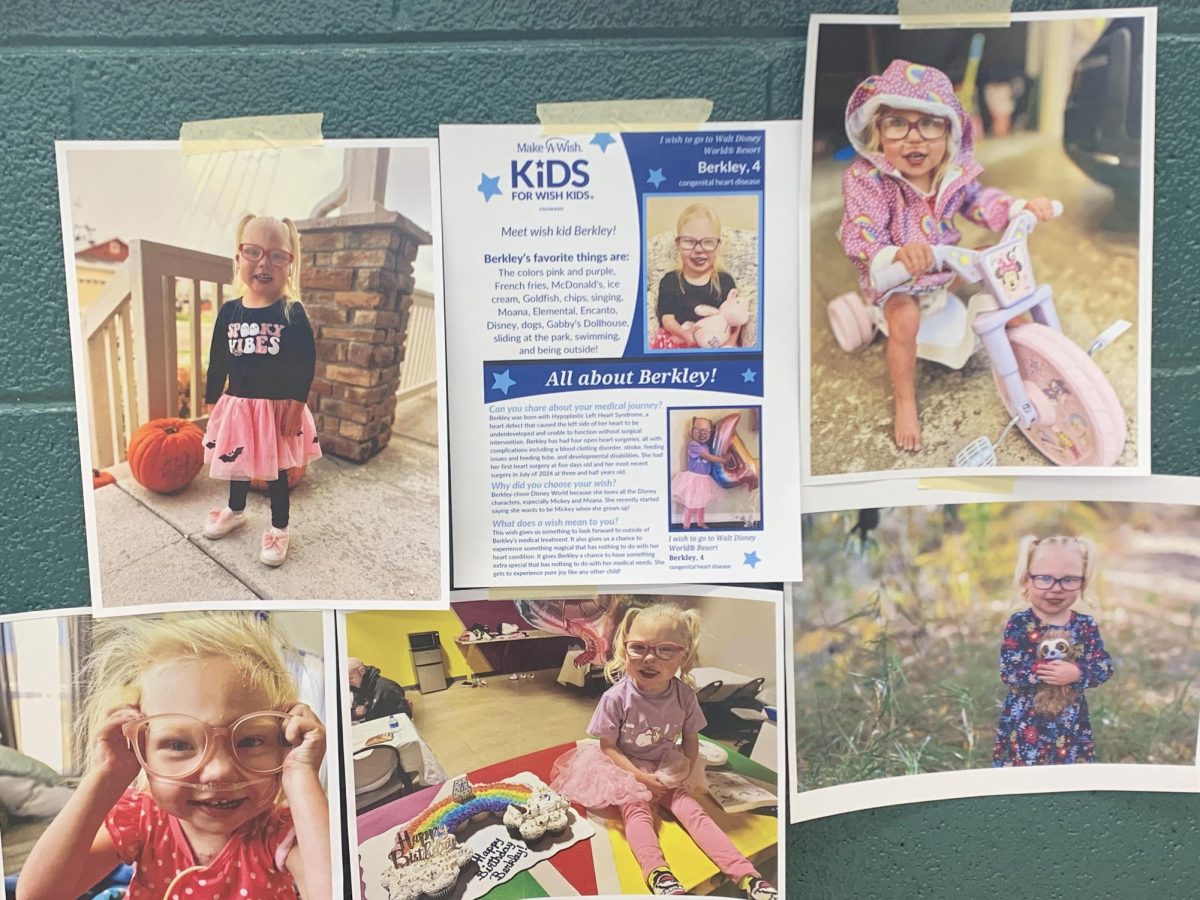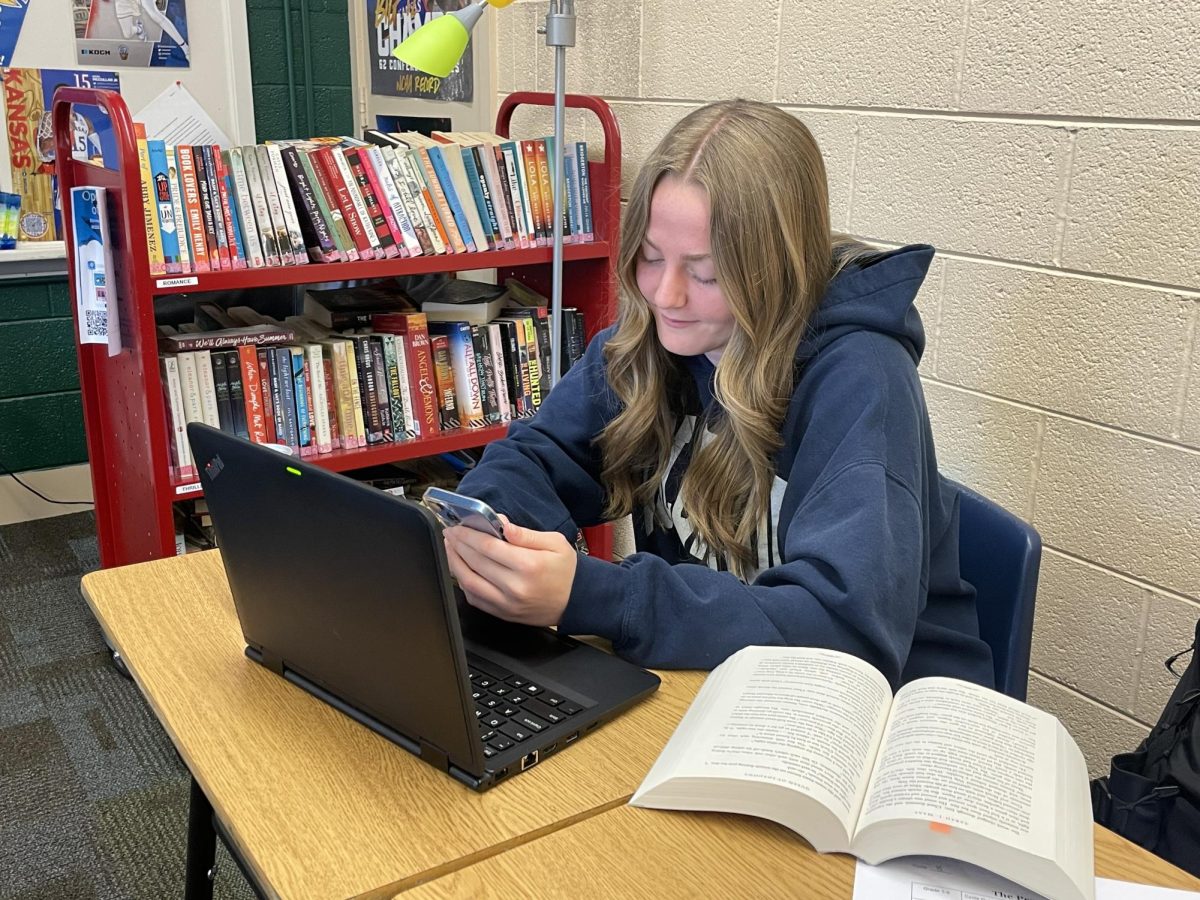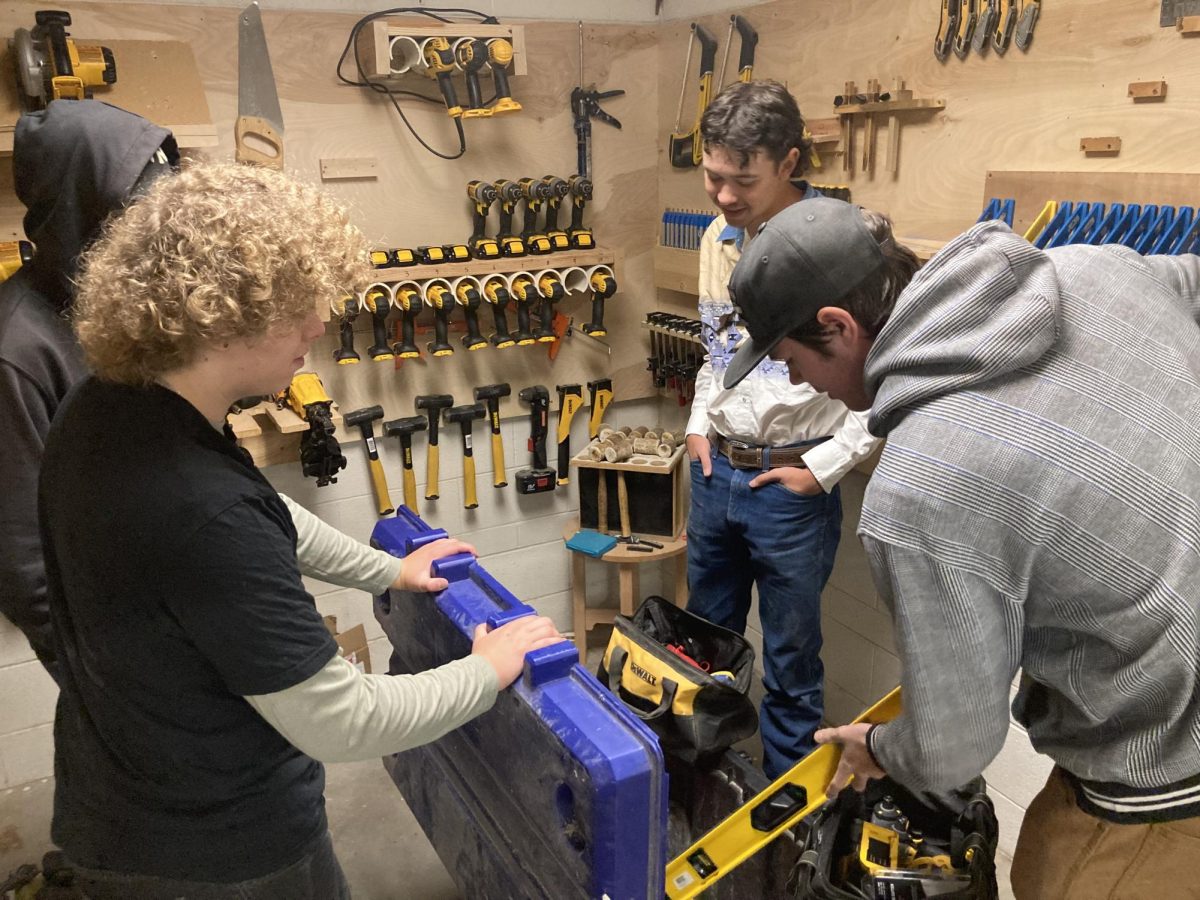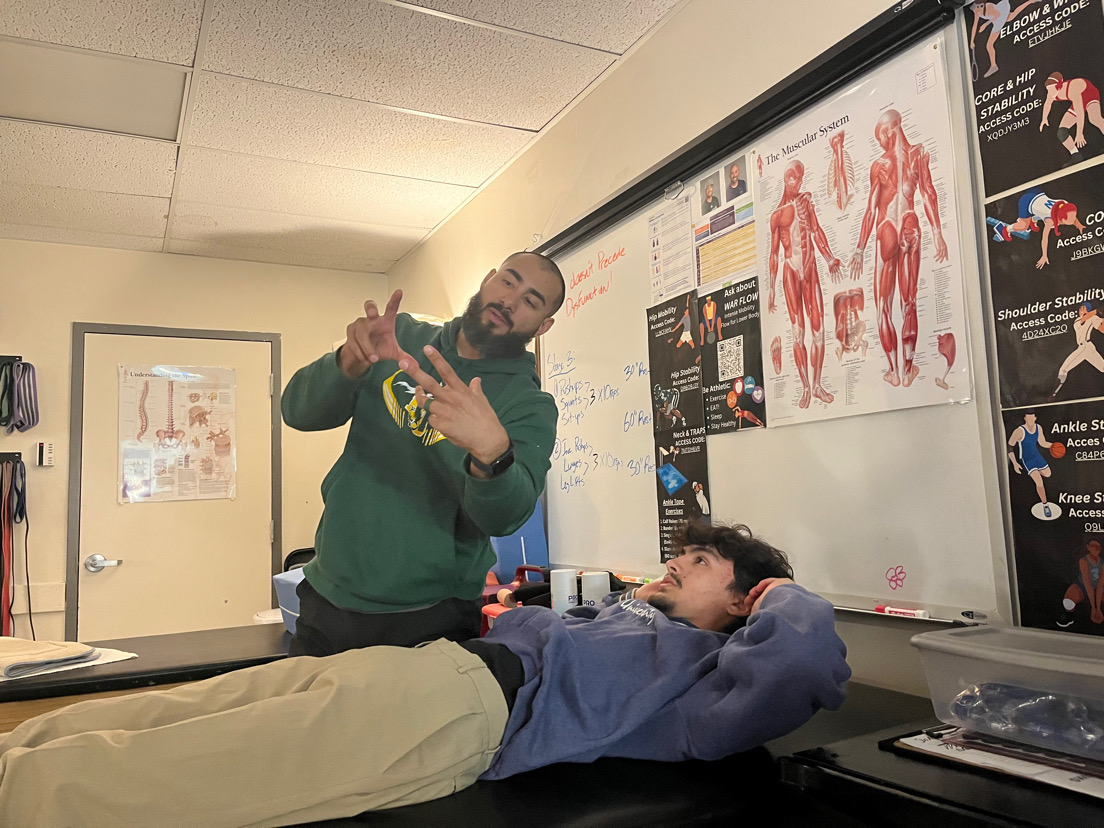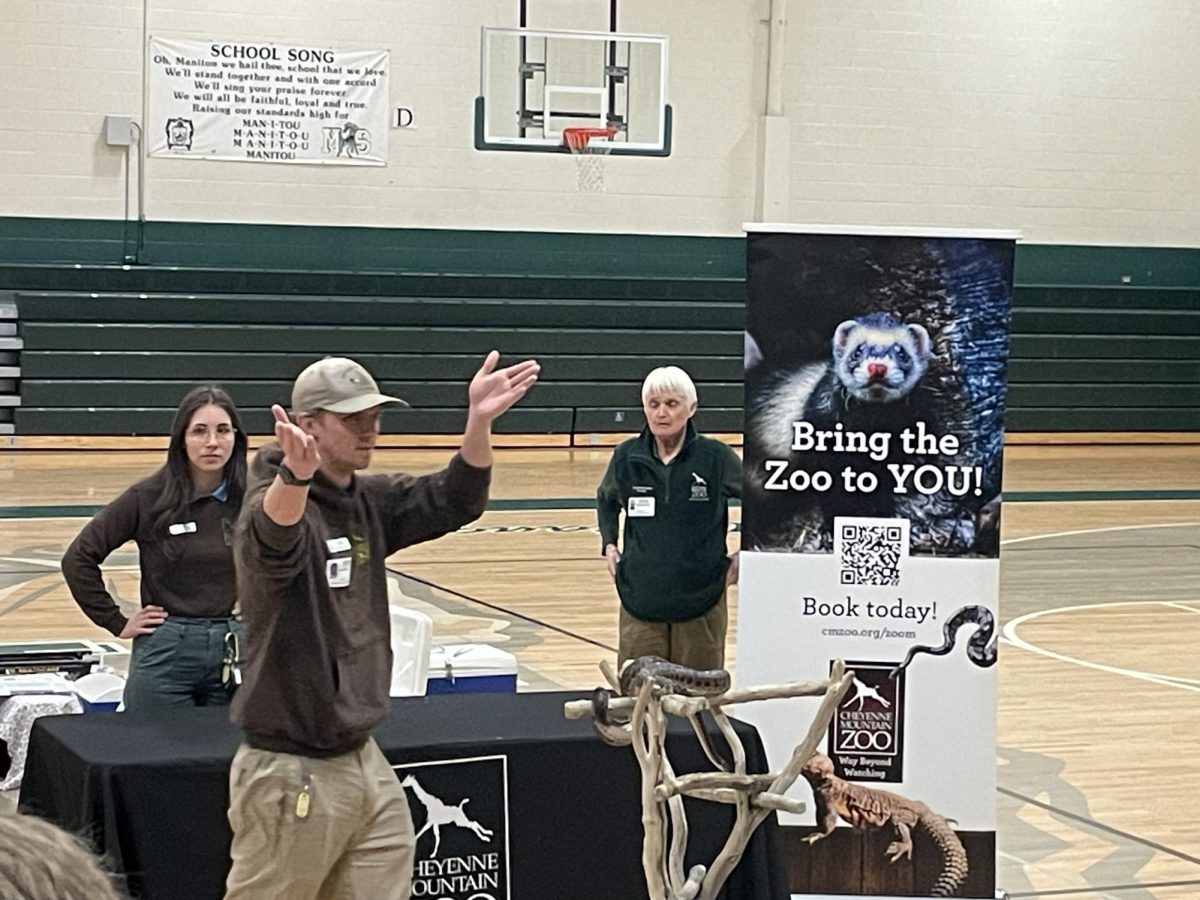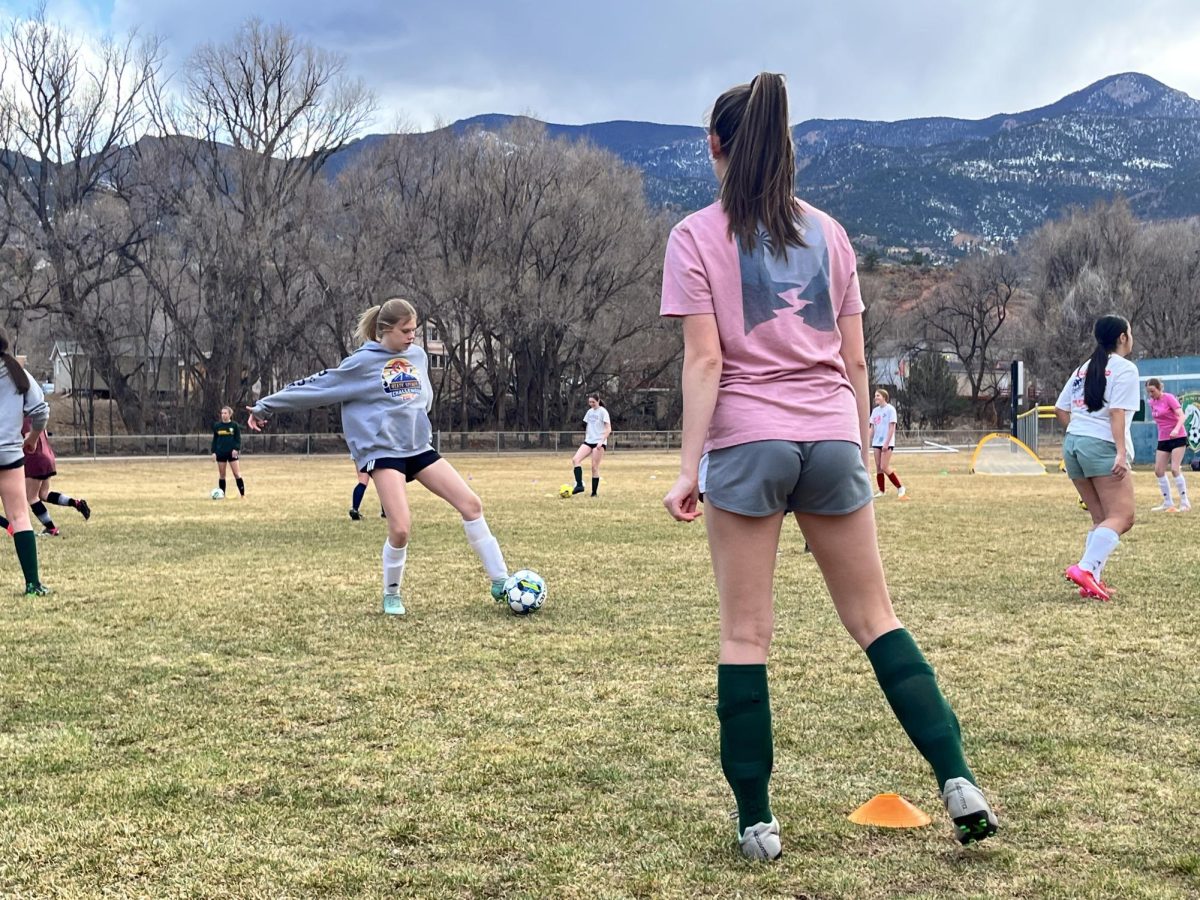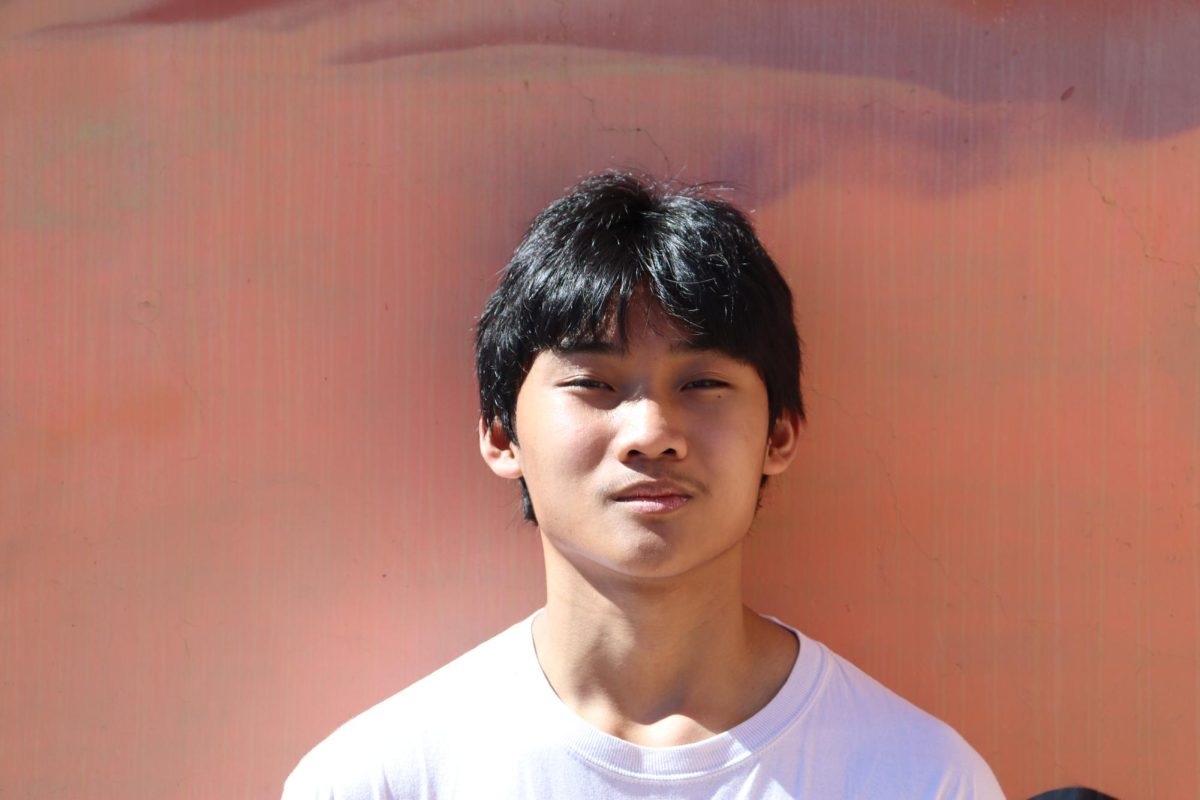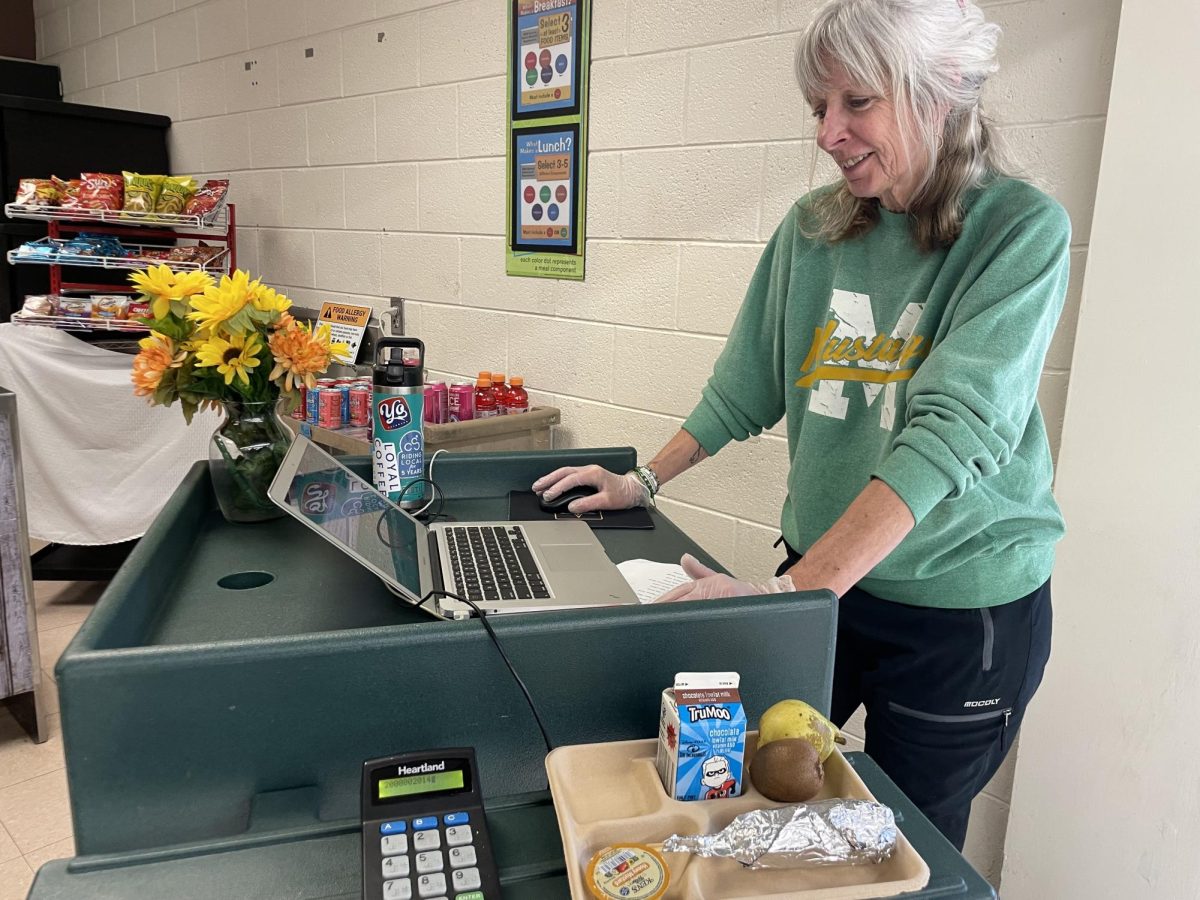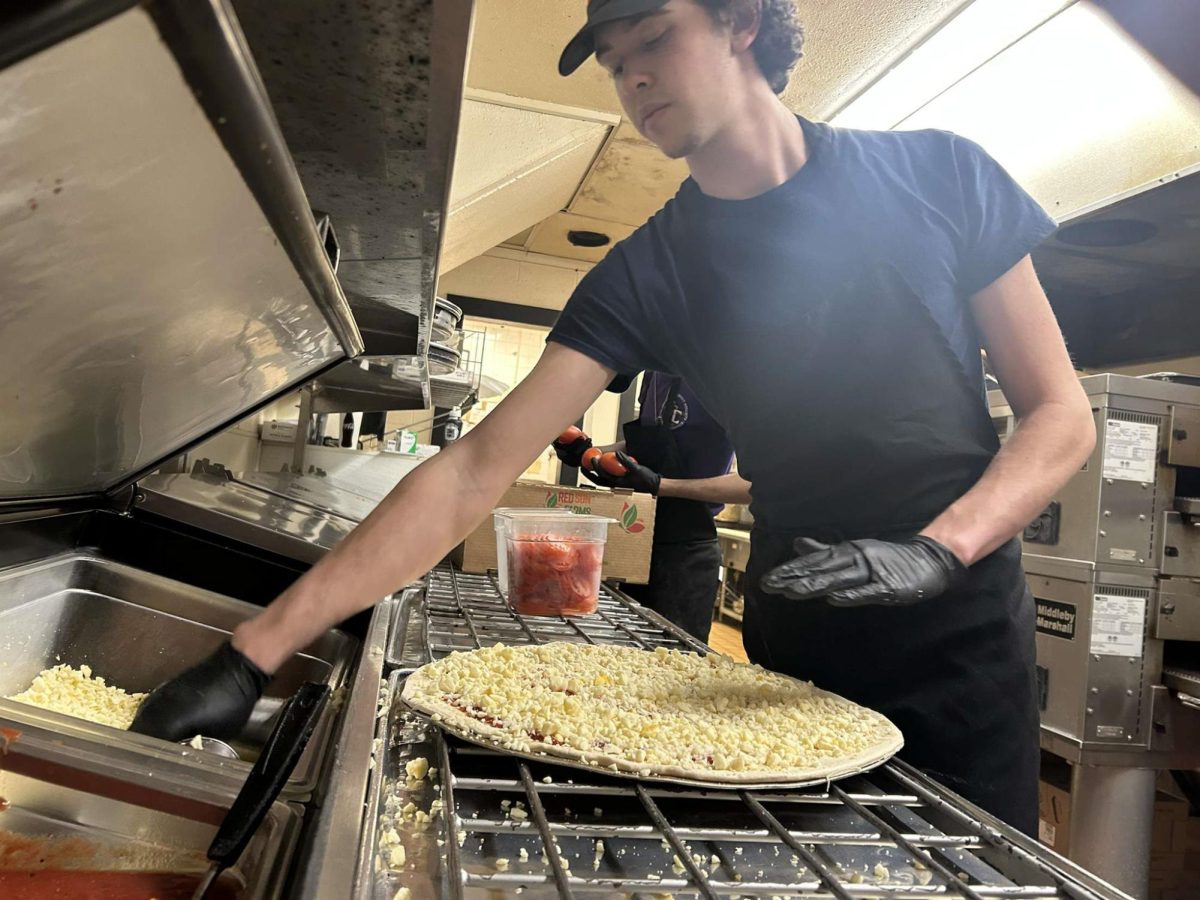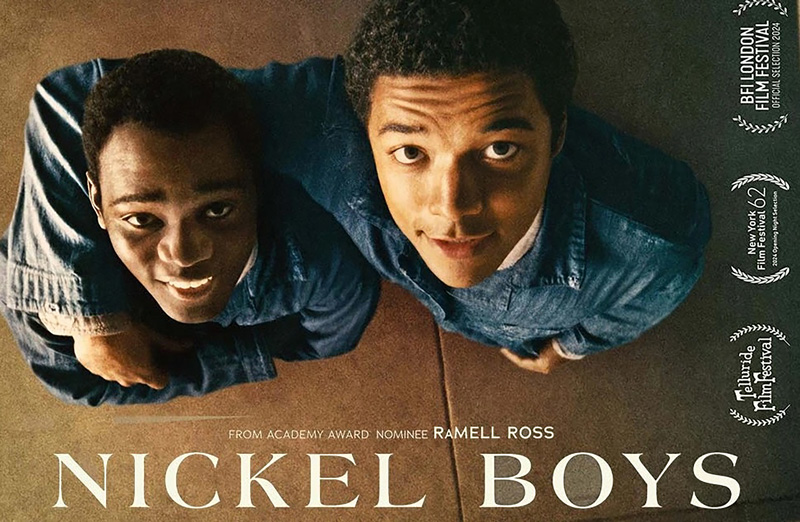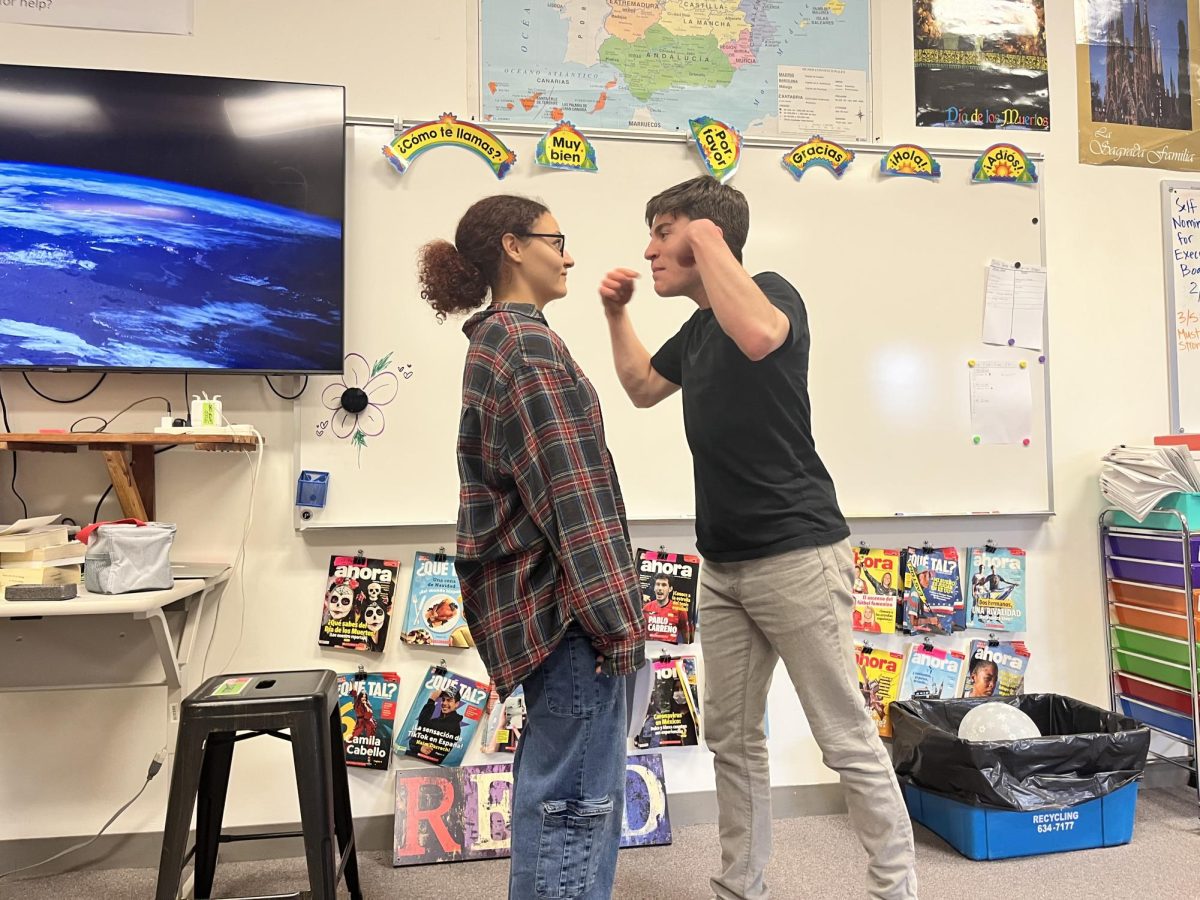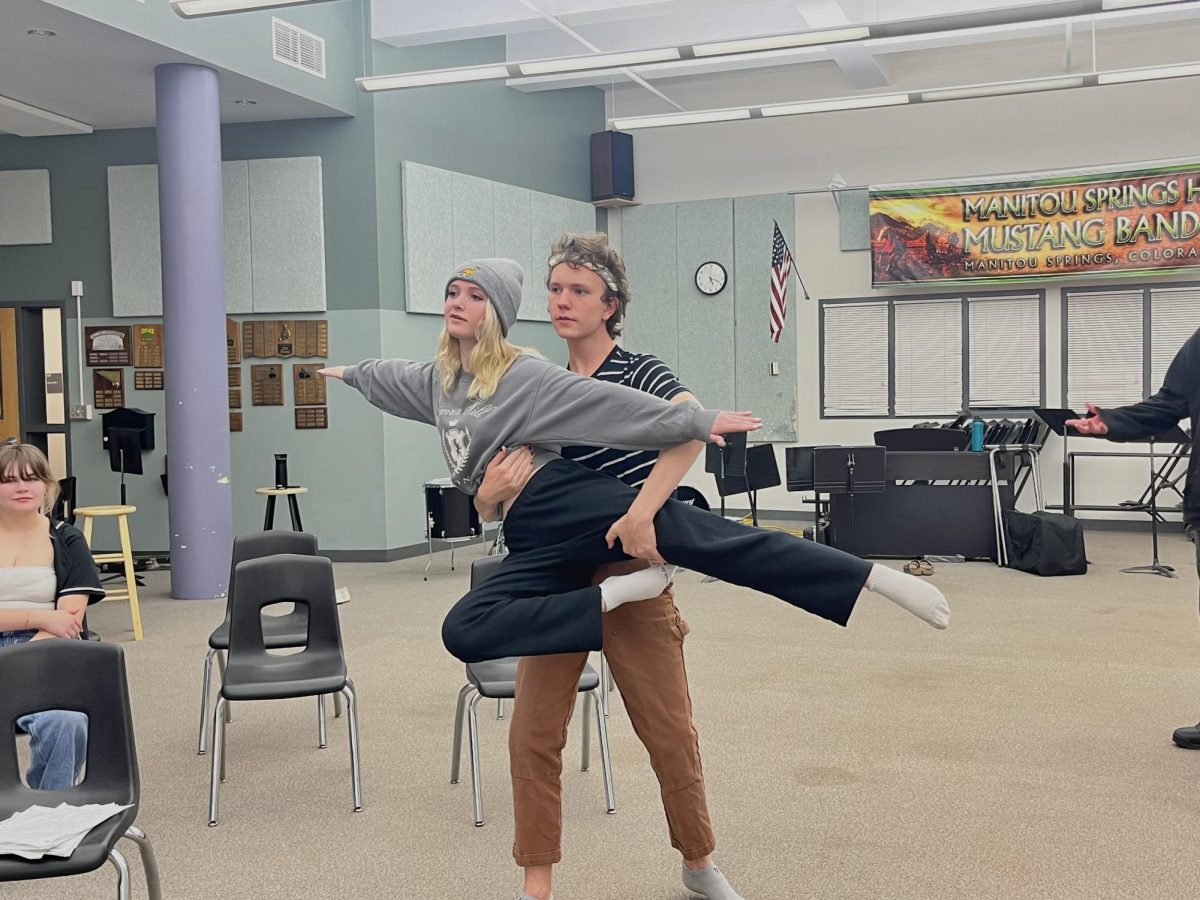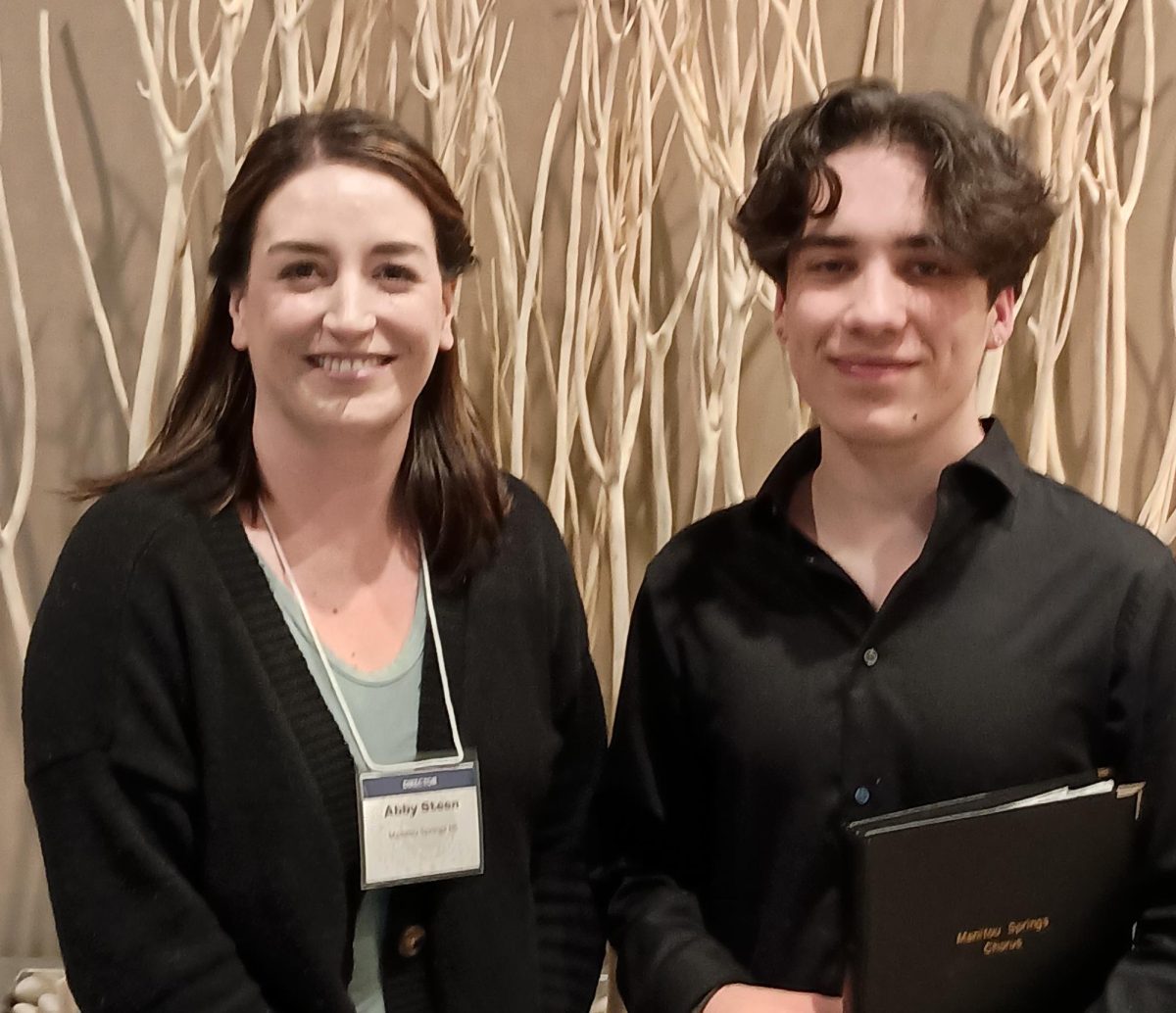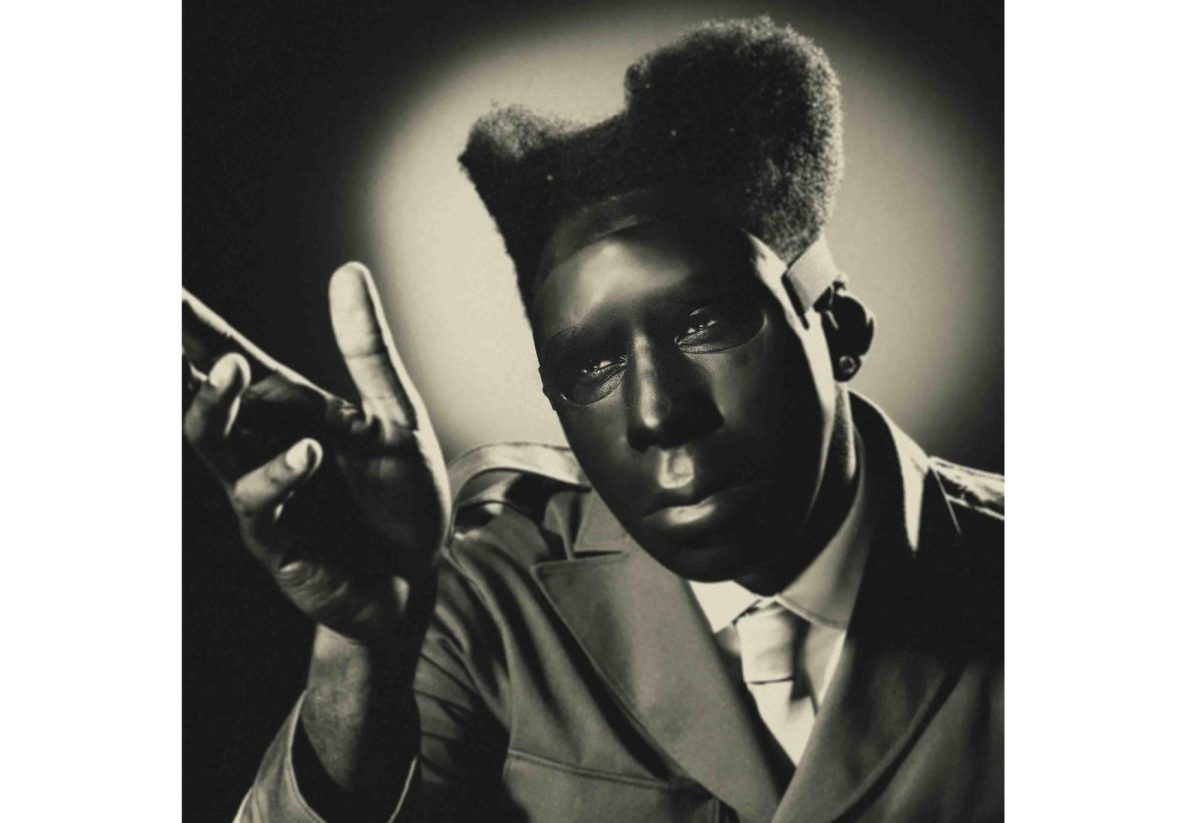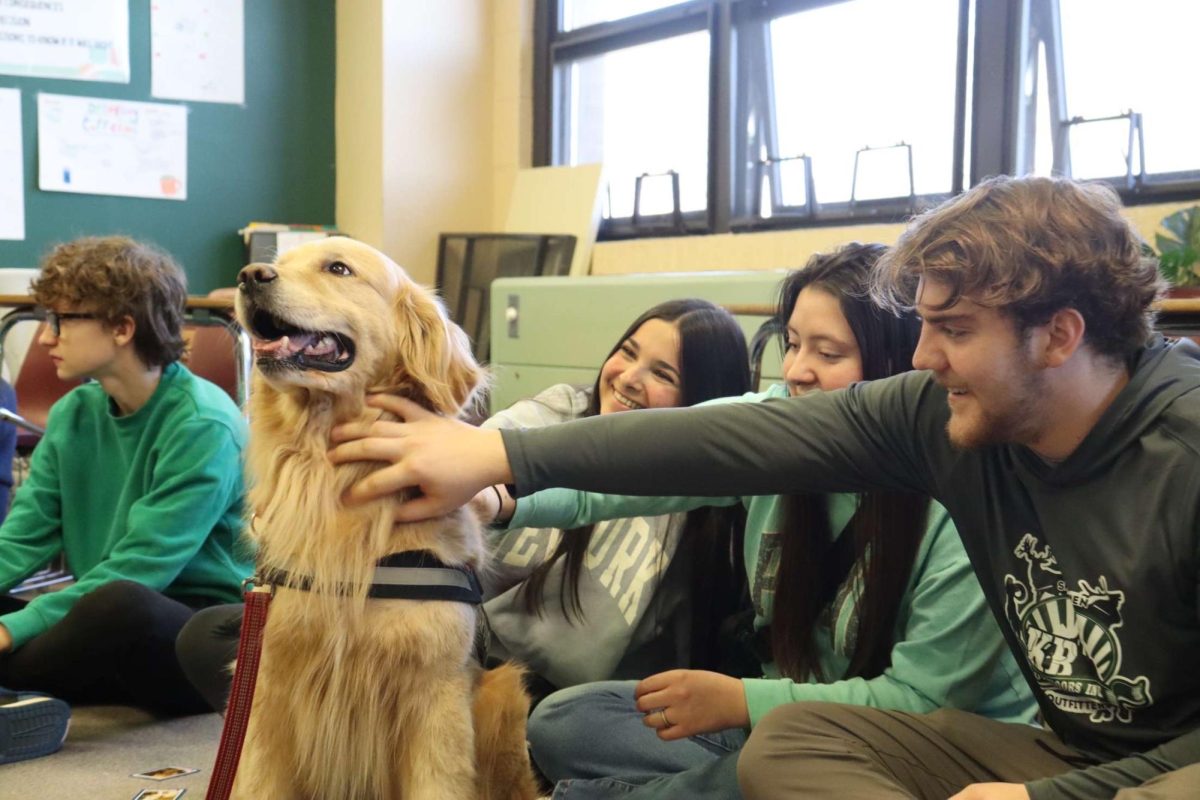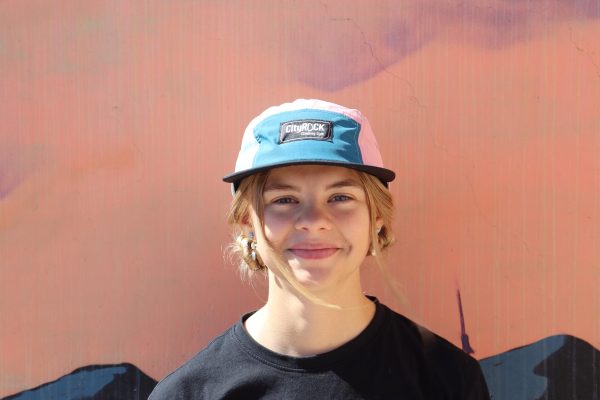TikTok is a social media platform that gives people a place to post, watch and share short videos. Since 2024, there have been talks of banning TikTok in the United States, but a full ban has not yet been put into place. Lawmakers have been worried about the risks of national security and youth mental health due to the app being owned and run by a Chinese company, ByteDance.
A ban was originally proposed in 2020 by President Donald Trump and signed into law in 2024 by former President, Joe Biden. On Jan. 18, 2025 TikTok shut down its services in the United States but restored them after Trump signed an executive order to postpone enforcement of the ban for 75 days. At the end of the postponed period, Trump signed another executive order to postpone the ban 75 more days, to June 19, 2025.
Riley Walker, an English teacher at MSHS, worries about the effects of TikTok and other social media platforms on society. “I feel like TikTok is a poisonous cancer in our society,” Walker said. “I don’t like the way that it’s designed to capture our attention and provide us with content that is less enriching and less interesting and less challenging as time goes on.”
According to teenagers at MSHS, they spend an average of two to three hours a day watching TikTok, which takes away from their time spent doing homework or interacting with other people. Brooklyn Sheffield, a junior at MSHS, believes that her time on TikTok impacts her relationships. “I think that I lose a lot of time with my family,” Sheffield said.
This opinion is shared by other students, including freshman Brynlee Havens, who says she often resorts to TikTok instead of social interactions. “I just spend more time on my phone than actually hanging out with people,” Havens said. “I don’t think that’s a good thing.”
Walker sees the impact of TikTok in the way that students interact with each other and with him. “It degrades our culture and our ability to interact with each other,” Walker said. “It’s harder and harder to hold and maintain eye contact and to have difficult conversations.”
Hours spent on TikTok come along with other things, such as slang and trends that very quickly go from in to out. “It just seems exhausting to be a student. You have to learn some new slang word, use it for a month, and then it’s on to the next thing and the next thing and the next thing,” Walker said. “You have to pay attention to and learn so many pointless things that you’re just gonna have to forget immediately.”
With TikTok being owned by a Chinese company, trends tend to promote the social online shopping environment that is prominent in China. One of the main trends that promotes this consumer culture is fit checks, where a person posts a video of their outfit of the day and where they got it. “You see these trends and you get persuaded by them, and then you want to be like those people, so you start buying new clothes,” Sheffield said.
Consumer culture on TikTok is also promoted by the TikTok shop, allowing people to link a product directly to a video talk about how its the next new thing. “You post a silly little video of you wearing a thing and then add a link for other people to buy it,” Walker said. “It’s just another way to extract your money from you.”
In addition to clothing and slang trends, creative trends also pass through TikTok. These trends allow teenagers to get inspiration for projects, if they can spend enough time away from their phones to complete them. “I’ll see cute little projects and stuff, like paper flowers and different painting things, and I’m like, Oh, that’s cool. I want to do that,” Havens said. “And then I don’t do it because I just sit there and watch TikTok.”
It’s not just creative projects that TikTok distracts from, it also takes away from students’ ability to focus and do school work. Tiffany Selz, a math teacher at MSHS, notices this is her class. “It’s very addictive, and the videos are short, so it has changed attention spans for kids, which is kind of crazy,” Selz said.
Students also acknowledge that TikTok is distracting them from more important things. “I think it takes time away to do things, it definitely makes me unproductive, because I don’t get stuff done,” Havens said. “It doesn’t give me time to actually do the things that I want to do.”
The problems stemming from TikTok don’t singularly impact teenagers. Adults and younger children also use the app, along with other social media platforms. “It’s not just a teenage problem, everybody is this way in our society right now,” Walker said. “I don’t expect teenagers to solve it all by themselves, and I don’t expect teenagers to not be affected by it, because parents are affected by it. It’s deeply sad to me.”
Some students, including junior Ezra Gervais, have found that uninstalling TikTok has been helpful to them. “It’s almost like a drug, where I was always dying to get the next hit of dopamine, and it’s just beneficial for me not to be scrolling,” Gervais said.
Walker believes that a complete shutdown of TikTok and other social media would be beneficial to everyone. “I don’t think they’ve done a single good thing for the world. I think that we should take them off the internet and that’s that,” Walker said.
Gervais shares Walker’s belief that getting rid of TikTok would be good. “It’s improved my life a lot, and I am a lot more productive without it,” Gervais said. “I recommend that everyone deletes it.”


